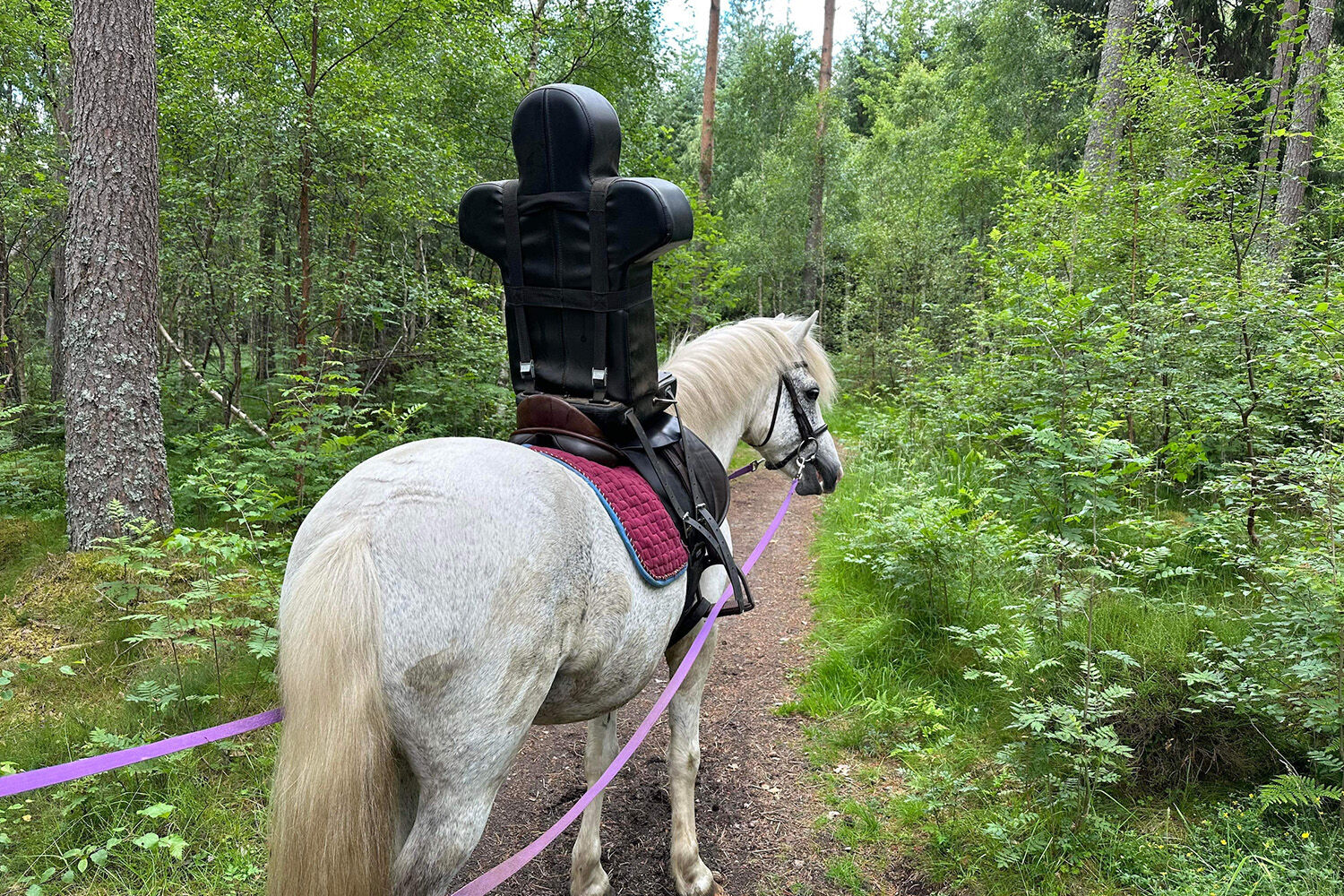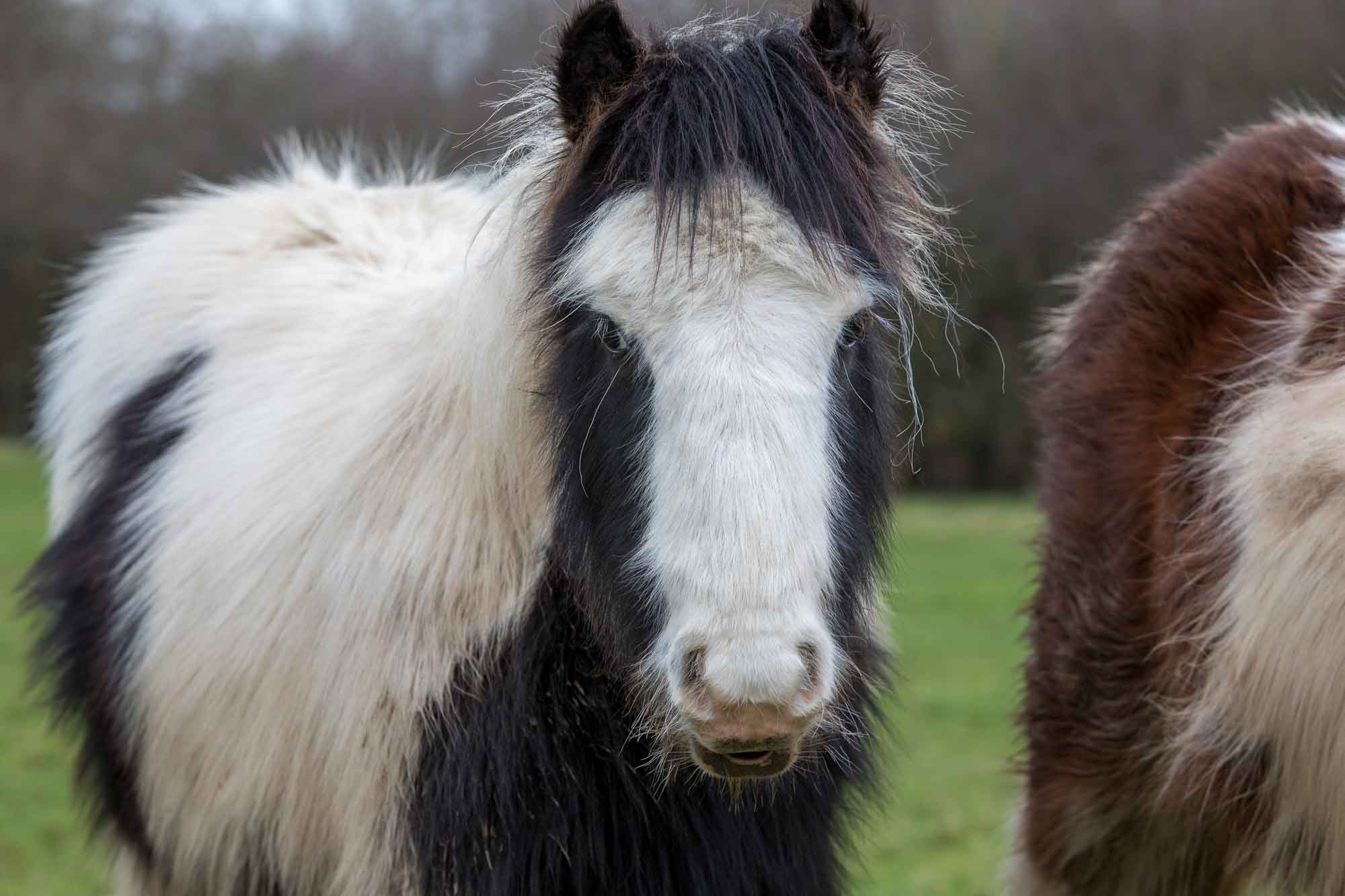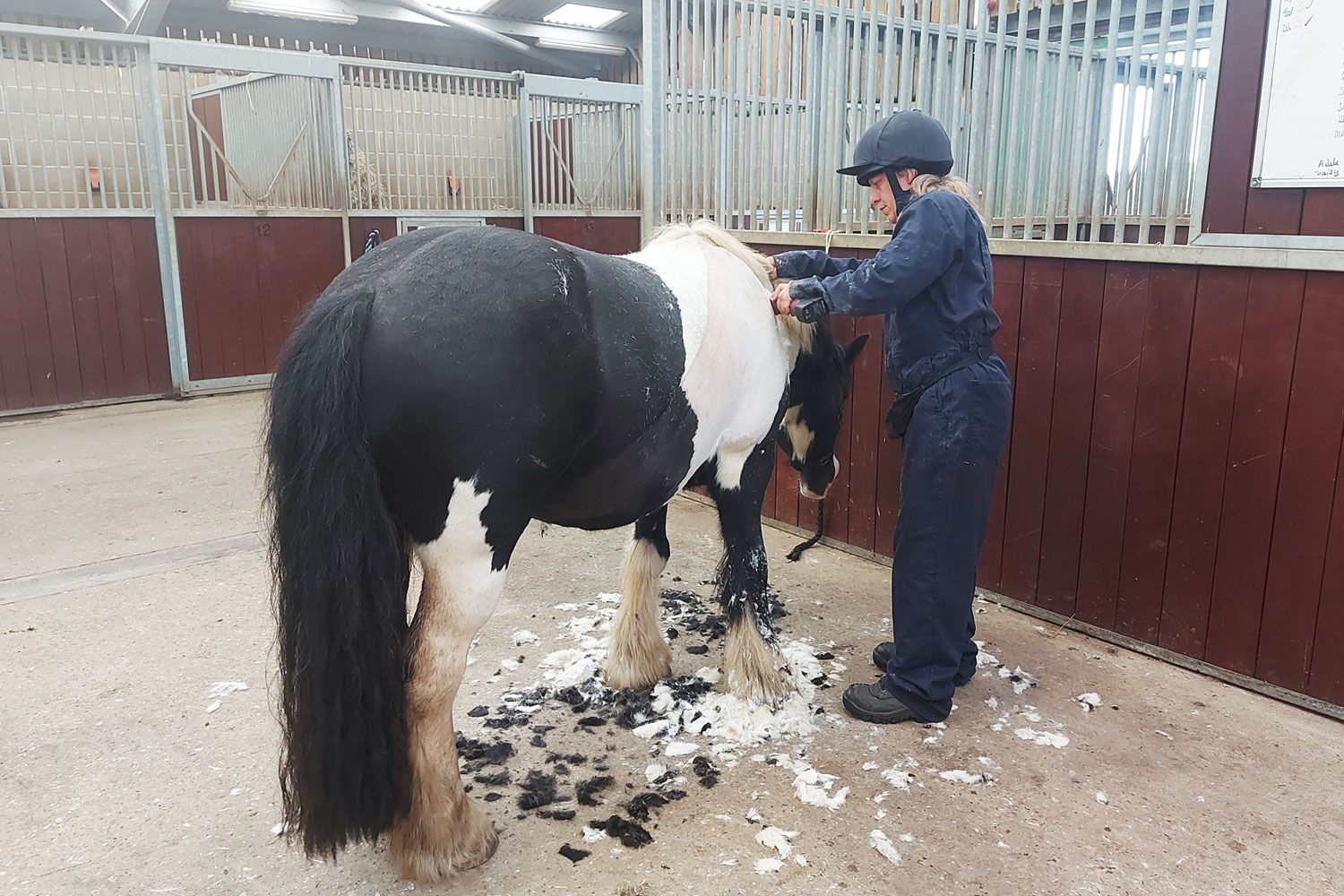Charities warn owners to exercise caution when finding horses new homes
World Horse Welfare and Retraining of Racehorses highlight opportunities available when finding a horse a new home.
Posted on 12/01/2016

Horse charities World Horse Welfare and Retraining of Racehorses (RoR) are urging owners to ‘do their research’ if considering loaning or giving away their horse to a sanctuary, rehoming and/or rehabilitation organisation or individual to ensure their long-term welfare is safeguarded.
Whilst many legitimate and highly effective charities and organisations offer rehabilitation, rehoming and/or retirement services for horses, World Horse Welfare and RoR want to make horse owners aware of the many options available if they are looking to rehome a horse and the need to carry out thorough checks before entrusting an equine into an organisation or individual’s care.
RoR recently marked a key milestone with the passing of 11,000 registrations on its database of former racehorses successfully undertaking new careers, whilst World Horse Welfare rehomed a record 313 horses in 2015 to a variety of disciplines, figures which demonstrate the opportunities for horses in need of a new home are more diverse than ever before.
Tony Tyler, Deputy Chief Executive of World Horse Welfare said:
“We’ve seen a number of cases over recent years of sanctuaries, not-for-profit organisations and individuals taking in unwanted horses from a range of backgrounds which have resulted in welfare problems for a variety of reasons.
“Some have simply become overwhelmed by the huge time and financial commitments required in caring for these animals, whilst we’ve seen examples of others selling on horses to the open market or masking injuries in an attempt to lure in lucrative private buyers.
“If anyone is looking to find a new home for their horse, we’d urge them to carefully consider the various options available and seek the advice of World Horse Welfare or RoR to help in the decision. Acting in the best interests of the horse in question should be the main priority whether it be a formerly-raced Thoroughbred or child’s show pony – doing everything possible to safeguard its future welfare is essential.”
Di Arbuthnot, Chief Executive of Retraining of Racehorses (RoR) said:
“Finding the right home for a horse is so important, but not always that easy. RoR, together with help from World Horse Welfare, has worked hard to promote the adaptability and versatility of thoroughbreds and we are seeing more and more former racehorses thriving in a second career, so there are an increasing number of options now for such horses and less of a role or need for sanctuaries.
“There is a section devoted to Rehoming Advice on the RoR website, including guidelines as to how safeguard a horse’s future and agreements which preclude a horse from racing again, and we strongly recommend taking the precautions advised when it comes to finding your horse a new home.”
World Horse Welfare and RoR have put together a list of tips for anyone looking to find a new home for their horse:
- Be wary of any organisation or individual contacting you to offer to take your horse. Some unscrupulous people will prey on anyone advertising their horse as a companion and may not always be what they seem.
- Do your research. Social media and the huge amount of content online is an invaluable resource in researching any individual or organisation. Ask other horse owners for advice as personal recommendations can be the best way to give you peace of mind.
- If you’re concerned about the legitimacy of an organisation or individual, ask which professionals they use (vet, farrier, dentist, physio, etc) and then contact these people to ask for their feedback.
- Any organisation operating as a charity must be registered and possess a registered charity number. You can search for registered charities using the Charity Commission website.
- Not-for-profit organisations are not required to be registered with any central body and are largely unregulated, however all riding schools and equestrian centres must be licenced and this can be checked with your local council.
- When transferring ownership of a horse, it is the legal responsibility of the new owner to notify the passport issuing organisation (PIO) but you can also contact the PIO so as an added measure.
- If you are loaning a horse you need to ensure a legally binding loan agreement is agreed and signed by both parties. This will set out the exact terms of the loan and responsibilities of each party.
- If you are loaning your horse, you should keep a full copy of the horse’s passport and notify the PIO that the horse is on loan.
- If you are loaning your horse, you should also be prepared to regularly visit the horse at his new home in order to check how he is getting on. Any organisation or individual who is not happy about you doing so should immediately raise alarm bells.
- It is important to remember that once you have transferred ownership of your horse to another party, you relinquish all responsibility and rights to that particular animal and the new owner is free to do what they please. This further increases the importance of making the right decision so you can have full peace of mind.
- Visiting any potential home is essential. Check the amount and quality of grazing, is there enough for the number of horses? Do all horses have free access to water? Are the fields regularly cleared of droppings?
- Finding a safe and loving home for a horse is not an easy or quick process and if someone or something seems too good to be true then chances are it probably is too good to be true! If you are in any doubt at all then you should contact an organisation like World Horse Welfare or ROR and they will be able to advise you honestly and impartially.
If you need advice regarding rehoming a horse you can contact World Horse Welfare’s advice line on 01953 497238 and access RoR’s Rehoming Advice.
In late 2014, World Horse Welfare launched a collaborative pilot scheme with RoR, designed to use World Horse Welfare’s expertise in preparing horses for new lives and finding new homes for them through its rehoming scheme which is the largest of its kind in the UK. Funded by RoR, the scheme is in addition to World Horse Welfare’s existing UK rescue and rehoming operations and led to the appointment of specialist groom, Emma Sawyers, who previously worked at the Darley Racehorse Rehoming and Retraining Centre and now retrains the horses on the RoR pilot scheme at World Horse Welfare’s Hall Farm in Norfolk.
Topics
Related News

Top tips for horse owners returning to the office
Bransby Horses and World Horse Welfare have teamed up to provide their top tips for equine owners returning to work.
Recommended Blog Posts

What is a dummy rider and how do we use them on our farms?
We catch up with Caroline Heard, Assistant Manager at Belwade Farm, to find out all about them.

Behind the scenes: the first few months as a World Horse Field Officer
Find out what really goes on behind the scenes as a World Horse Welfare Field Officer.

Clipping to help overweight horses and ponies lose weight
Hall Farm Yard Supervisor Adele tells us how clipping can be a really useful weight management tool, especially for horses and ponies who can’t be worked.
Enjoy reading stories like this?
Join over 55,000 other horse lovers and sign up for our email newsletter

Join over 55,000 other horse lovers and sign up for our email newsletter
Sign me up now